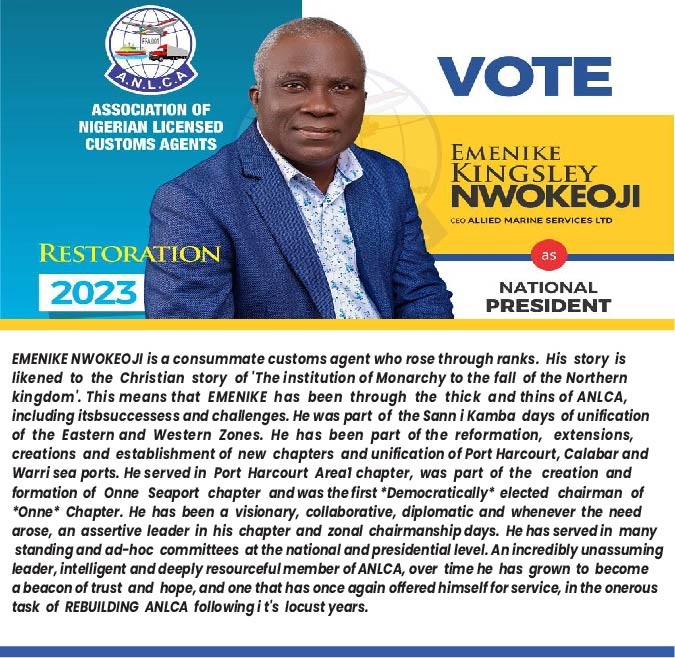Kamala Harris sustains attack on China
As US offers Vietnam support over sea dispute
Last week Wednesday, United States Vice President, Kamala Harris met Vietnam’s top leaders, offering them critical supports, including its maritime security capacity building, believed to be an effort to counter Beijing’s strong presence in the South China Sea.
At a meeting with Vietnam’s President Nguyen Xuan Phuc, Vice President Vo Thi Anh Xuan and Prime Minister Pham Minh Chinh, Harris reportedly offered more visits by U.S. warships, said a White House official who declined to be named.

It was the second time in two days Harris was believed to have attacked Beijing. Earlier on Tuesday in Singapore, Harris was said to have accused Beijing of coercion and intimidation to back unlawful claims in parts of the disputed South China Sea.
China rejected her comments, accusing Washington of trying to put Beijing and its Southeast Asian neighbours on collision. Harris’s seven-day trip to Singapore and Vietnam is part of a broader U.S. strategy to woo allies, which Washington hopes will help it challenge China’s growing security and economic influence in the region.
During talks with the Vietnams leaders, Harris offered the country vaccines and aid to tackle COVID-19. She also announced the launch of several programs to help combat climate change, said the White House official. Harris said there was a need to increase pressure on Beijing over its maritime claims.
“We need to find ways to pressure, raise the pressure…on Beijing to abide by the United Nations Convention on the Law of the Sea, and to challenge, its bullying and excessive maritime claims,” said Harris during a meeting with the Vietnamese president.
United States interests in the disputed South Chinese sea is both economic and security. China has established military outposts on artificial islands in the South China Sea, which is crossed by vital shipping lines and contain gas fields and rich fishing grounds.
China, Vietnam, Brunei, Malaysia, the Philippines and Taiwan lay claim to parts of the waters. Over the past few years, tensions between China and Vietnam have remained high, while Vietnam is believed to have quietly endorsed the U.S. Indo-Pacific strategy, in view of the US perceived hard line against China in the disputed waters.
As the U.S.-China competition over Indo-Pacific region gradually heats up, the Vietnam is seeking to strike a delicate balancing. Prior to the US latest moves, Vietnam’s Prime Minister Pham Minh Chinh and China’s ambassador to Vietnam held an unannounced meeting, during which Chinh said Vietnam does not take sides in foreign policy. In return, the Chinese ambassador pledged the donation of 2 million doses of a COVID-19 vaccine to Vietnam.
Senior White House officials have said Harris will strike a balance during her meetings in the region by offering to counter China’s influence while not forcing the nations to take sides between the two world powers. However, Harris’s further pledge for the donation of an additional one million doses of Pfizer vaccines announced support for Vietnam’s response to COVID-19 with the donation of an additional one million doses of Pfizer vaccines, bringing the total donation to the country to 6 million doses, and an additional $23 million to support its efforts to fight the pandemic.
After successfully containing the pandemic for much of last year, Vietnam has since April been dealing with a large outbreak of the Delta variant of the virus in Ho Chi Minh City. Vietnam has one of the lowest vaccination rates in Asia, with just fewer than 2% of its 98million population fully-vaccinated against COVID-19.
According to the White House official, the Vice President’s offer to support Vietnam’s increased maritime security included visits by U.S. ships and aircraft carriers. Harris also based on the US Congress approval, offered the deployment of a third U.S. Coast Guard high-endurance cutter, a fleet of 24 patrol boats, base facilities, piers, law enforcement training, and other joint activities that that will help the Vietnamese bolster their maritime security.
The US has also launched a five-year, $36 million USAID project, which aims to accelerate Vietnam’s transition to clean energy and announced lower tariffs on US exports of corn, wheat, and pork products to Vietnam to reduce the Asian country trade deficit.
Harris is also expected to flag off a new US Embassy in Hanoi in an effort to expand the relationship between the two countries.






